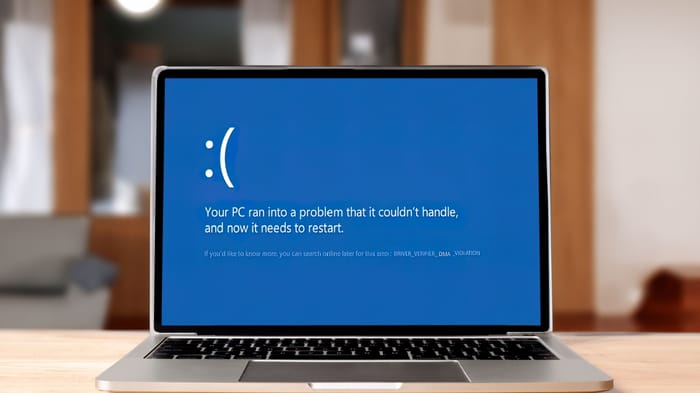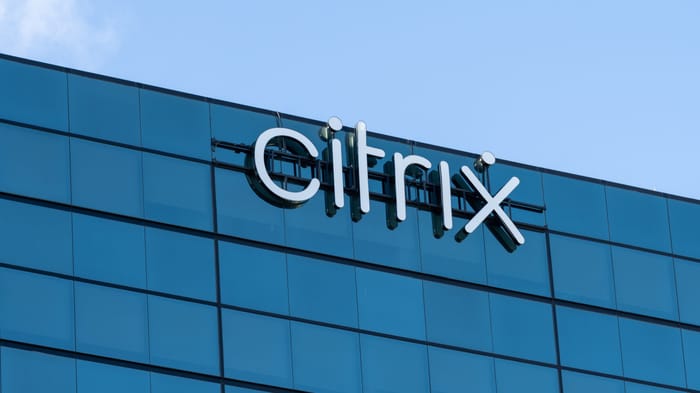US Chamber of Commerce, FICO Report National Risk Score of 688
While the score was up for large businesses and down for small firms, the report urges all to prioritize third-party risk management.

The United States' National Risk Score is 688, report the US Chamber of Commerce and FICO in their Q2 "Assessment of Business Cyber Risk" (ABC). This marks little overall change from the previous quarter's score of 687, though large businesses and small firms saw greater change.
ABC's National Risk Score is the revenue-weighted average of the FICO Cyber Risk Score for nearly 2,400 small, midsize, and large companies. A score, ranging from 300 to 850, reflects the probability of a business being hit with a material data breach within the upcoming 12 months. The higher the score, the lower the likelihood the organization will experience a breach.
Since last quarter, the average risk score for large organizations rose from 643 to 649; small ones saw their average score drop from 740 to 736. "While these scores reveal the nation's cybersecurity risk was virtually unchanged, FICO and the Chamber urge businesses to do more to measure and manage risk posed by third parties," officials said in a statement.
Third-party risk management was a highlight of the second-quarter report, which states a growing percentage of security incidents against organizations stem from initial compromise against third parties. Attackers can leverage this trusted relationship to gain access, move laterally, and escalate privileges to get to their targets. The ABC report urges businesses to build a framework for third-party categorization, develop a workflow to address the criticality of each risk, frequently assess high-impact suppliers, and ensure the appropriate transfer of risk.
Read more details here.
Check out The Edge, Dark Reading's new section for features, threat data, and in-depth perspectives. Today's top story: Modern Technology, Modern Mistakes.
About the Author
You May Also Like
Applying the Principle of Least Privilege to the Cloud
Nov 18, 2024The Right Way to Use Artificial Intelligence and Machine Learning in Incident Response
Nov 20, 2024Safeguarding GitHub Data to Fuel Web Innovation
Nov 21, 2024The Unreasonable Effectiveness of Inside Out Attack Surface Management
Dec 4, 2024




